Vietnam has received 17/21 million doses of measles vaccine and transferred them to the provincial Centers for Disease Control. From April to June, enough measles vaccine has been provided for expanded immunization, ensuring that 7.5% of children are vaccinated against measles each month.
In response to the news that measles vaccines have been interrupted for the past 3 months, Dr. Hoang Minh Duc, Director of the Department of Preventive Medicine, Ministry of Health, said that the budget for purchasing vaccines for 2024 will be decided at the end of 2023. Therefore, the unit will only complete the bidding at the end of 2023.
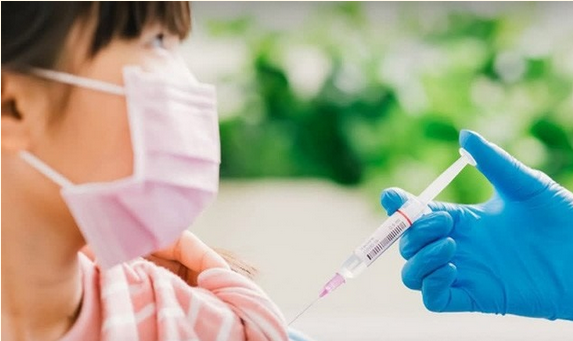 |
| Measles epidemic is increasing in some provinces and cities. |
In early January-February 2024, the new vaccine was completed and has been delivered in batches to localities for vaccination from now until October 2024.
Mr. Duc said that so far, Vietnam has received 17/21 million doses of measles vaccine and transferred them to the provincial Centers for Disease Control. From April to June, enough measles vaccine has been provided for expanded immunization, ensuring that each month 7.5% of children are vaccinated against measles.
The Department of Preventive Medicine has advised the Ministry of Health to review all children nationwide who have not been vaccinated against measles. Localities where children have not received enough doses will organize catch-up and catch-up vaccinations to prevent measles outbreaks from increasing.
It is known that recently, many provinces and cities in the Southern region are recording the return of measles, while some northern provinces are experiencing a resurgence of whooping cough due to gaps in vaccination.
Measles and whooping cough epidemics were thought to be under control but have recently shown signs of returning due to vaccination gaps.
According to the report of the Ho Chi Minh City Center for Disease Control (HCDC), there are currently 16 confirmed cases of measles in the city, distributed in 4/22 districts. In Kien Giang province, statistics show that from April 7 to June 8, the locality recorded 159 consecutive cases of rash fever suspected of measles, of which 95 were confirmed measles cases (accounting for 60%).
In Ben Tre province, from April 29 to June 7, 12 cases of rash fever suspected of measles were also recorded. 8/12 cases were tested with 4 cases positive for measles.
It is known that Ho Chi Minh City has always been one of the leading localities in the Southern region in terms of vaccination rate. However, due to the impact of the Covid-19 pandemic and the interruption of vaccines in the expanded immunization program, the vaccination rate of vaccines in general and measles vaccine in particular in this locality in recent years has been low.
By the end of April 2024, the rate of children fully vaccinated with 2 doses of measles vaccine for children born in 2018, 2019, 2020, 2021 in the area was 93.2%; 90.1%; 91.7% and 93.6%, respectively.
Not only in Ho Chi Minh City, but also in the southern region, the measles vaccination rate in recent years has been low and uneven. A survey by the Pasteur Institute of Ho Chi Minh City shows that from 2021 to present, the measles vaccination rate in the southern region has been very low.
In 2021, the measles vaccination rate in the Southern region only reached 83.2% of single measles doses and 75.6% of combined measles doses (measles, mumps, rubella vaccine).
In particular, Binh Duong is a locality with a very low measles vaccination rate, only reaching 52%. Some other localities such as Dong Thap, Dong Nai, Soc Trang... also have vaccination rates below 70%.
Experts are concerned that measles will spread in the community in the coming time, especially in crowded places such as schools, childcare centers and medical facilities. Therefore, localities need to review vaccination status, assess risks and immediately carry out catch-up and catch-up vaccinations for children to limit the risk of measles outbreaks.
Previously, at the end of March 2024, the World Health Organization (WHO) warned of the return of measles. Accordingly, in the Western Pacific region, the number of measles cases increased by 255% from 2022 to 2023.
According to WHO, in Vietnam, the impact of the Covid-19 pandemic in the past time and the interruption of the supply of vaccines in the Expanded Program for Immunization in 2023 have affected the vaccination rate for children nationwide.
Many children have not been vaccinated on schedule or have not received enough doses of vaccines in recent years, which is a risk factor for disease outbreaks, including measles.
In addition to measles, whooping cough is also on the rise again. According to the Hanoi Center for Disease Control, this year, the number of whooping cough cases has shown signs of increasing compared to previous years, due to the impact of the recent Covid-19 epidemic, the number of children vaccinated against the disease did not reach 100%, the vaccination rate was lower. Specifically, according to information from the Hanoi Department of Health, from May 24 to 31, there were 16 more cases of whooping cough in the city, an increase of 14 cases compared to the previous week.
According to the Hanoi CDC, due to periods when Vietnam lacked vaccines in the Expanded Immunization Program, some groups of children stopped getting vaccinated or were not vaccinated enough, making immunity not guaranteed.
Currently, new cases of whooping cough are recorded sporadically in some localities, not yet concentrated. However, if children are not fully vaccinated and do not have full immunity, they will accumulate and easily create immune gaps, which can then become epidemics.
Source: https://baodautu.vn/thieu-vac-xin-soi-bo-y-te-noi-gi-d217888.html


![[Photo] Prime Minister Pham Minh Chinh works with state-owned enterprises on digital transformation and promoting growth](https://vstatic.vietnam.vn/vietnam/resource/IMAGE/2025/4/15/f55bfb8a7db84af89332844c37778476)
![[Photo] Air Force actively practices for the April 30th celebration](https://vstatic.vietnam.vn/vietnam/resource/IMAGE/2025/4/15/16fdec3e42734691954b853c00a7ce01)
![[Photo] President Luong Cuong holds talks with General Secretary and President of China Xi Jinping](https://vstatic.vietnam.vn/vietnam/resource/IMAGE/2025/4/15/f7e4c602ca2f4113924a583142737ff7)
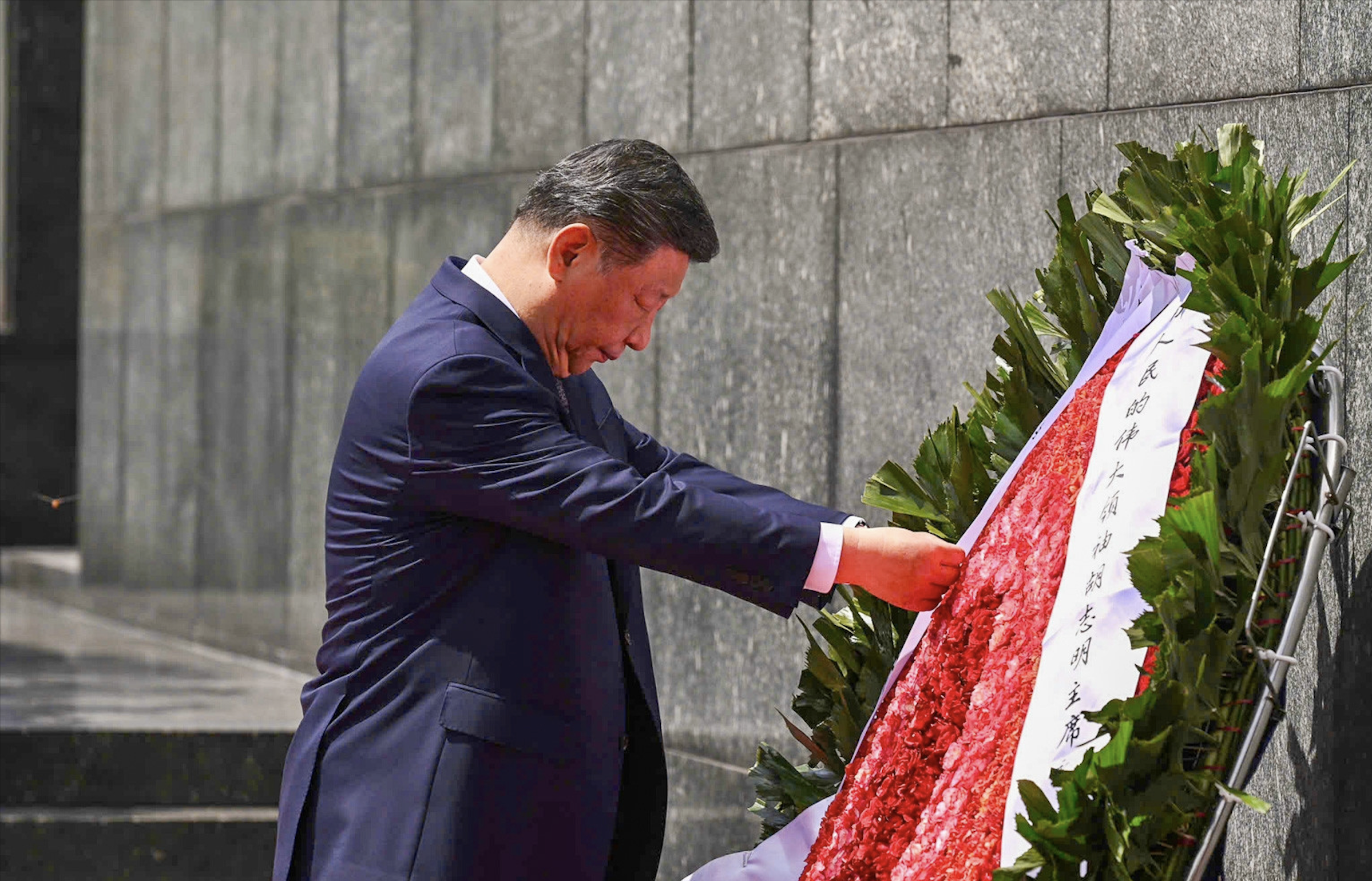

![[Photo] Ho Chi Minh City after 50 years of national reunification through buildings and symbols](https://vstatic.vietnam.vn/vietnam/resource/IMAGE/2025/4/15/a224d0b8e489457f889bdb1eee7fa7b4)


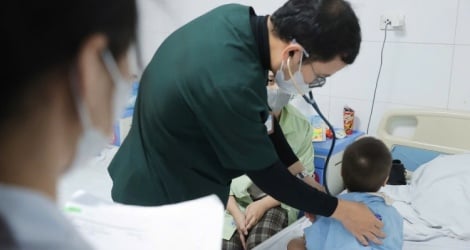
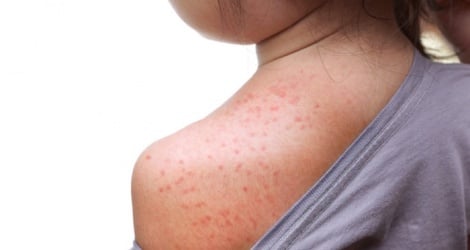
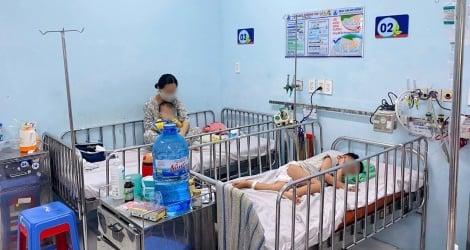
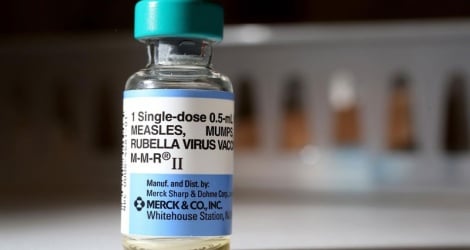
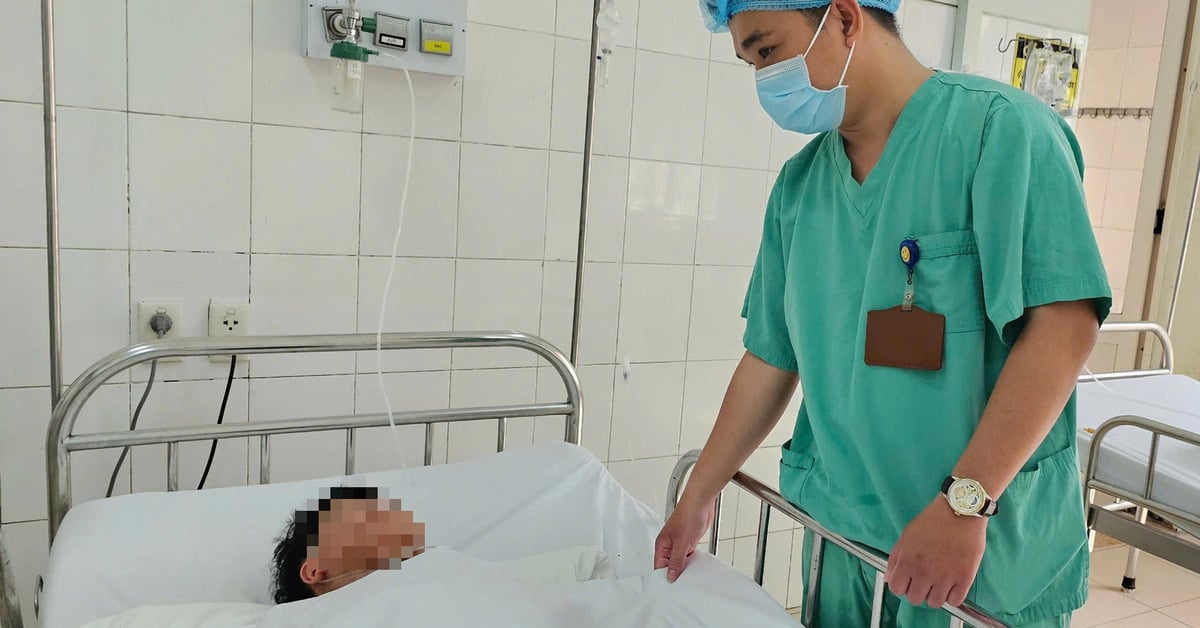


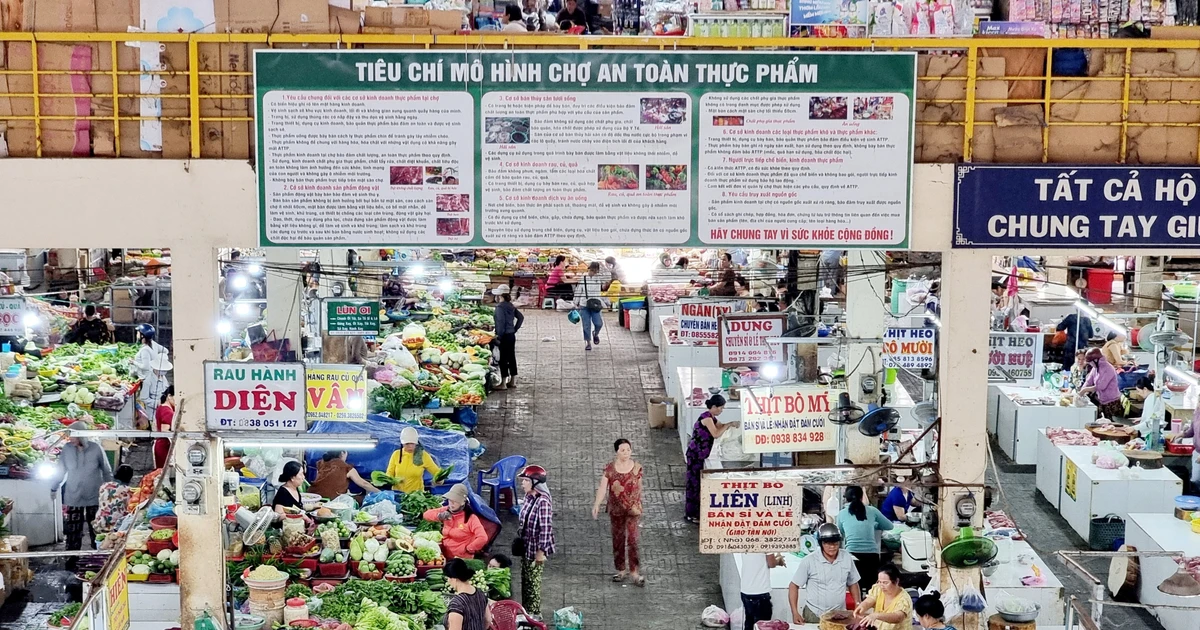
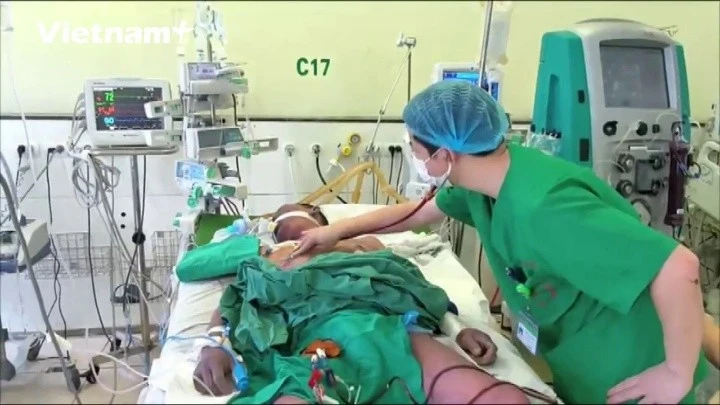
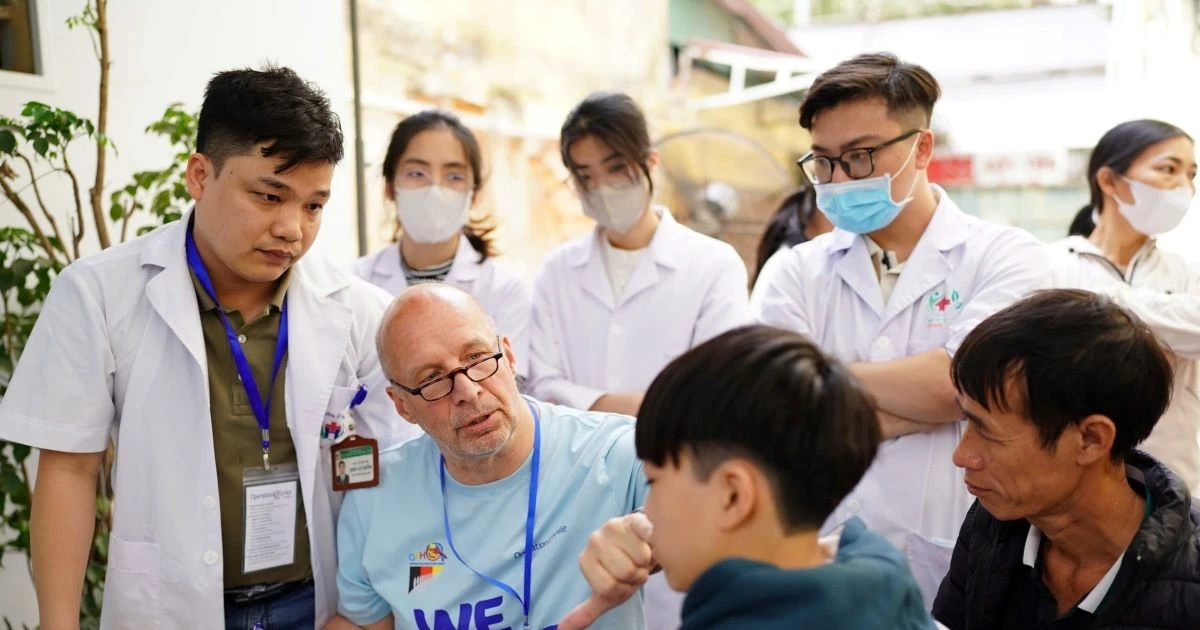
![[Video] 40 hours of dialysis saves the life of a 14-month-old girl](https://vstatic.vietnam.vn/vietnam/resource/IMAGE/2025/4/15/1bed3e155507436383a2dd026214e81f)















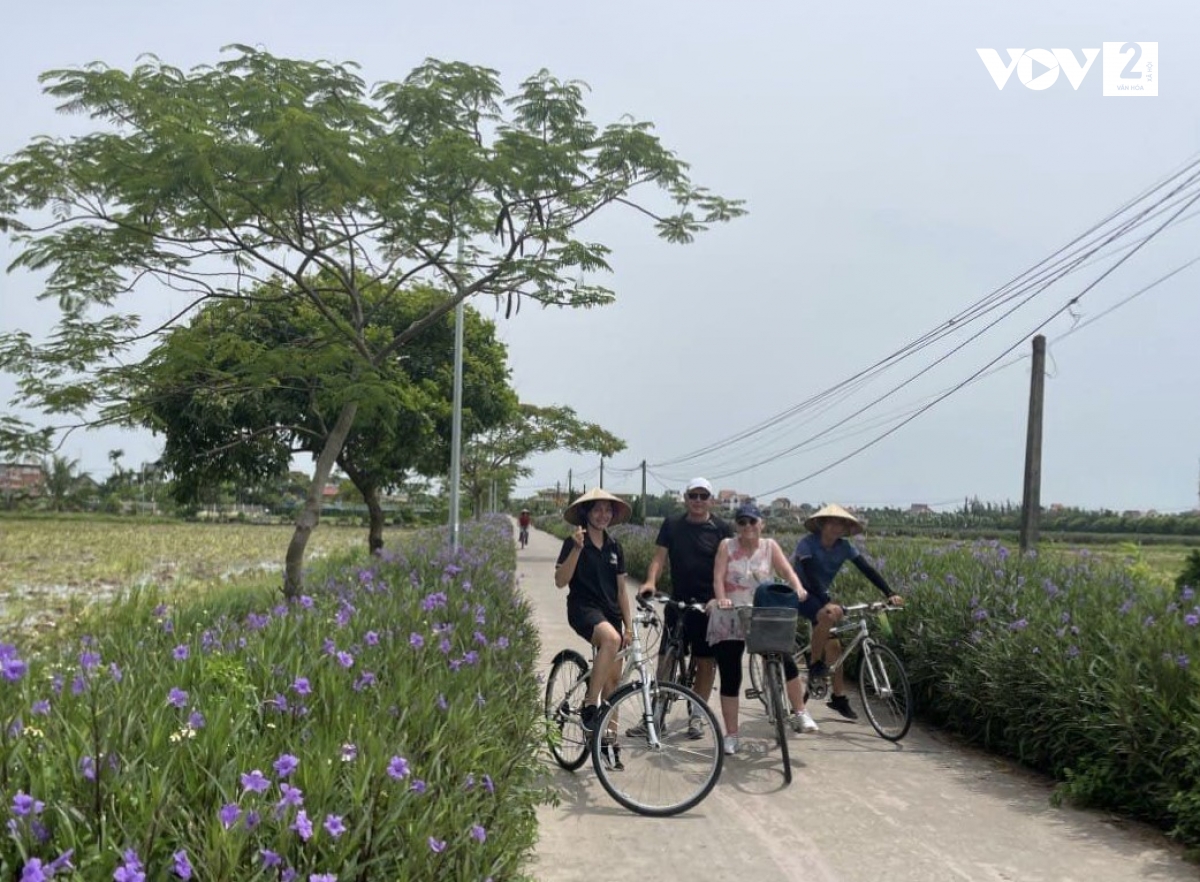





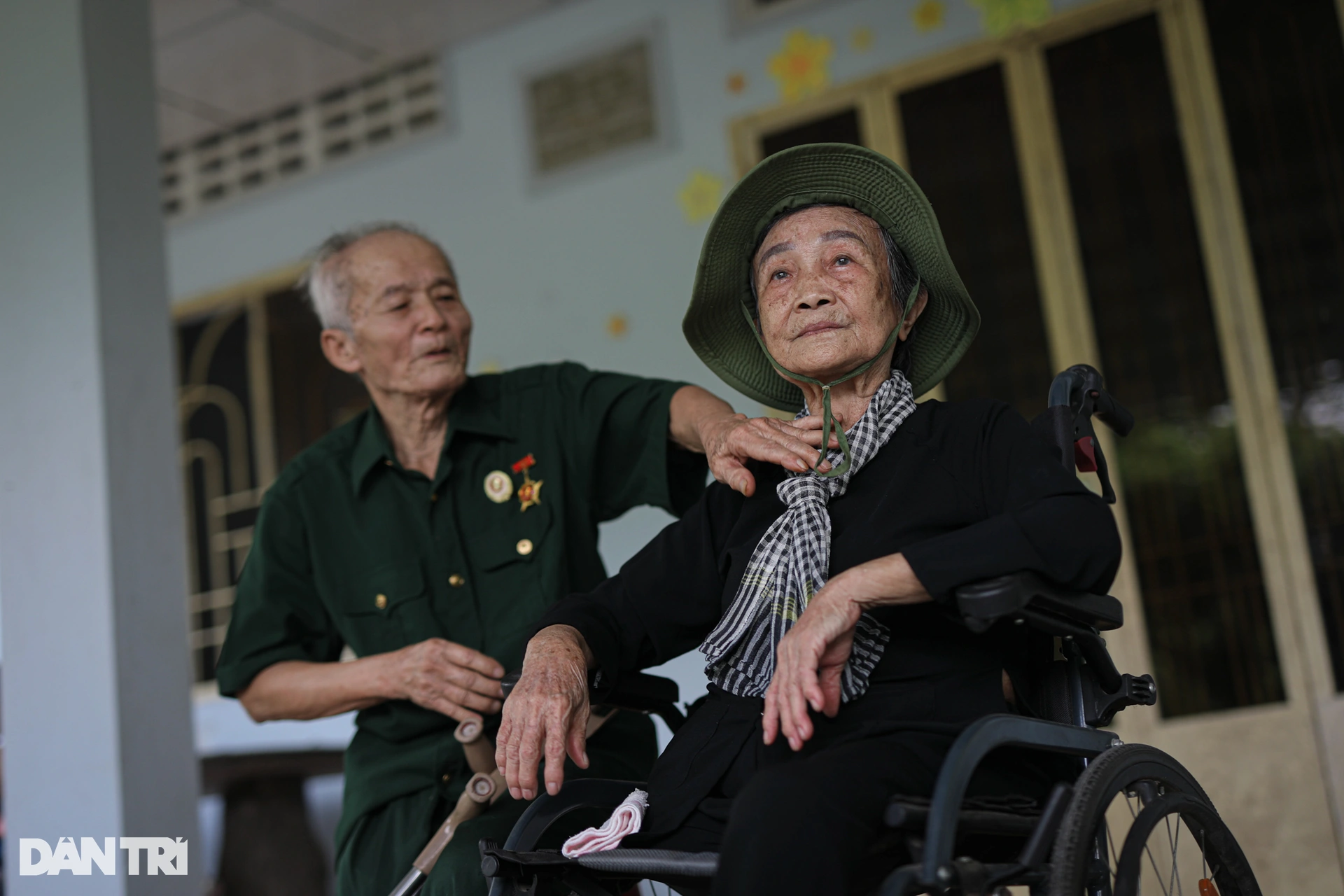




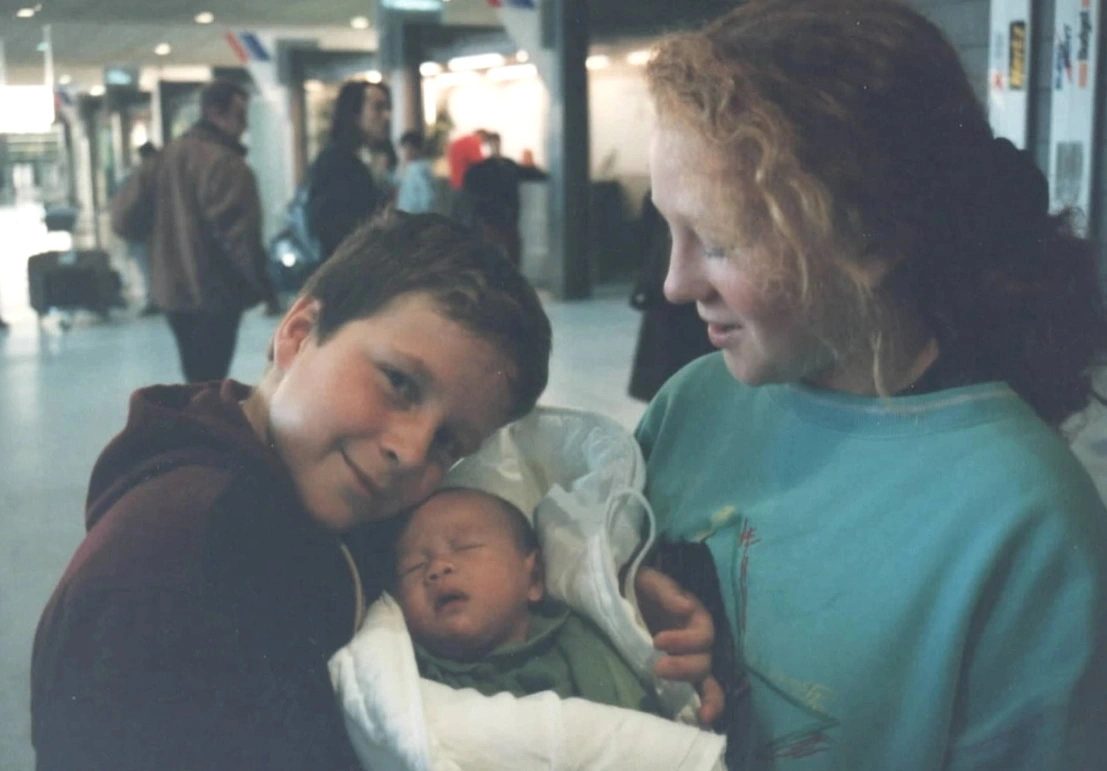































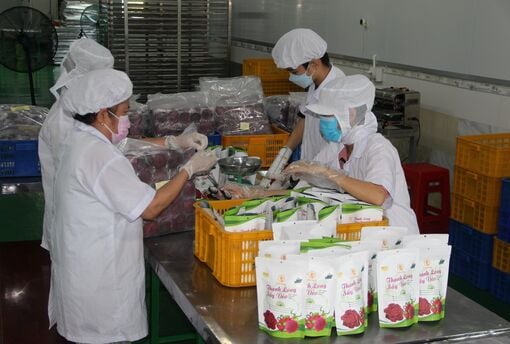




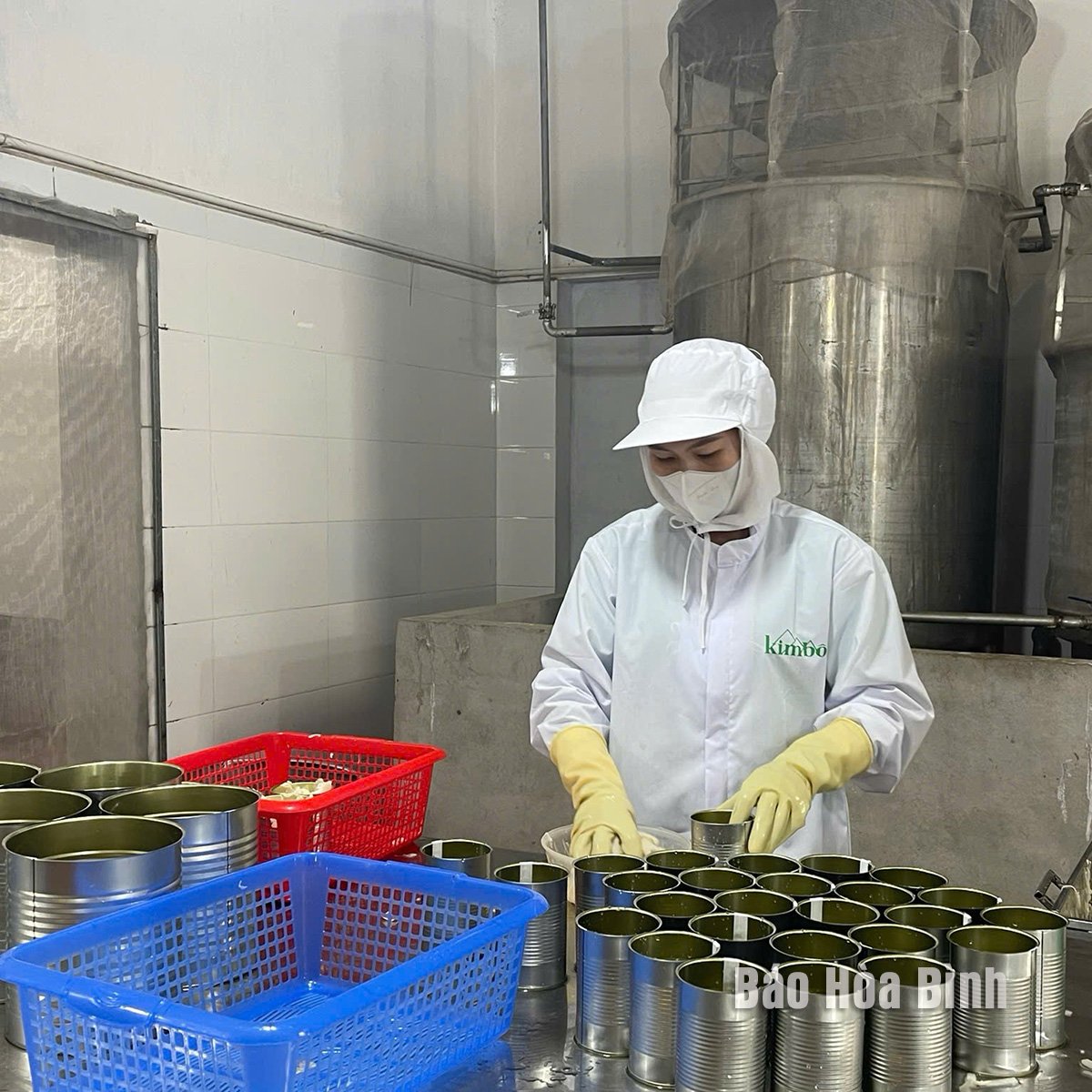

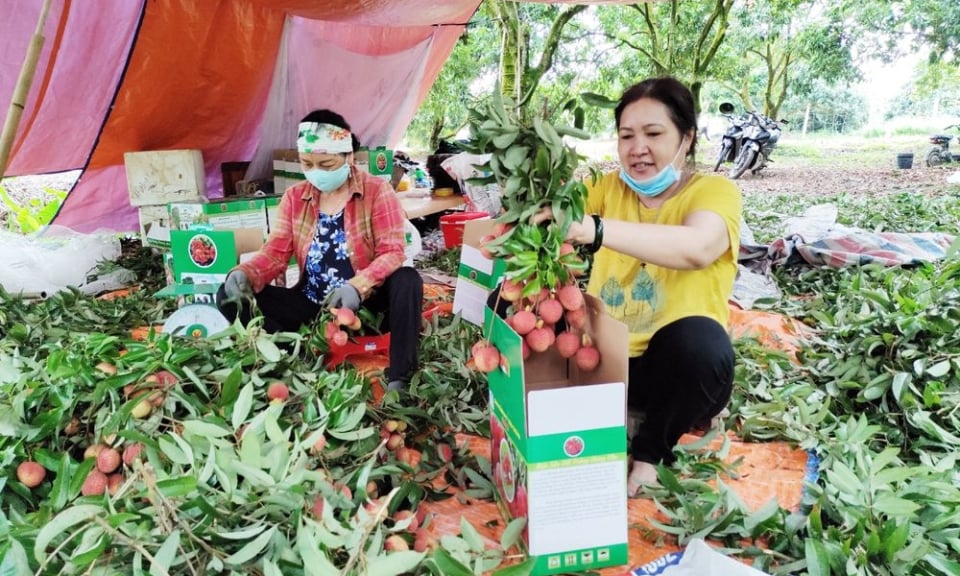


Comment (0)